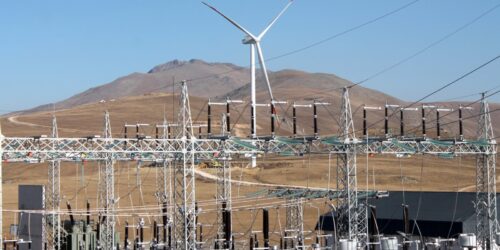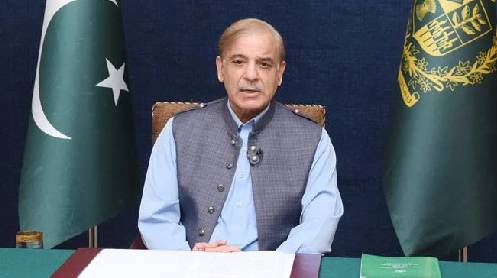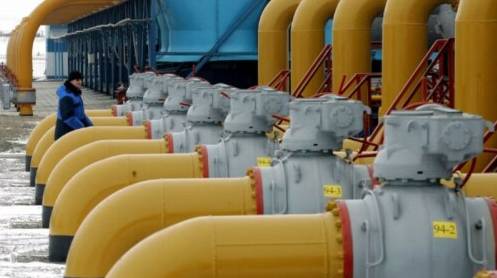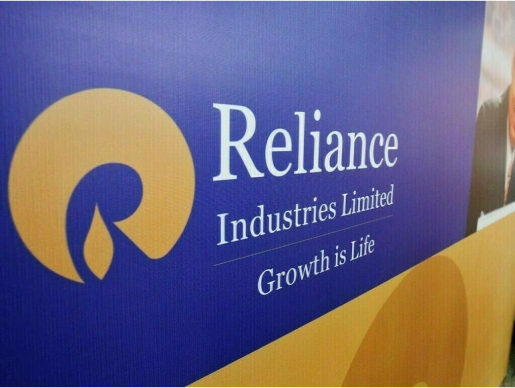The Economic Coordination Committee (ECC) of the Cabinet which is scheduled to meet on Monday (Aug 16) is expected to extend concessional tariffs of electricity and gas for industry including export-oriented sectors, well-informed sources told Business Recorder.
The meeting to be presided over by Finance Minister Shaukat Tarin will approve continuation of RLNG to export-oriented industry at $6.5/MMBTU including Karachi and cents 9 per unit for electricity. Previously, the tariff for export-oriented industry was cents 7.5 per unit.
The ECC will also extend flat electricity tariff to industrial consumers across the country with slight increase in existing rates.
The purpose of extension in abolishment of Time of Use (ToU) scheme for the industry is aimed at encouraging increase in consumption of electricity. The existing rate of Rs 12.70 per unit will be increased to Rs 13.40 per unit.
“The ECC will approve extension of incremental consumption package for KE industrial consumers, abolishment of ToU tariff scheme for industrial consumers of Discos and KE and application of incremental consumption package for B1 (non-ToU) consumers of Discos and KE,” sources added.
Industrial consumers: CCoE approves proposal on ToU tariff scheme extension
According to the Power Division the industrial support package has resulted in substantial growth in consumption of electricity – 4.29% in November 2020 to around over 18% in June 2021.
Keeping in view the expected future benefits, the Power Division has submitted that going forward, based on the existing trends, a growth of around 24% for Discos and around 40% in K-Electric system is expected in 2021-22.
The Power Division has also acknowledged that though sufficient power balance is available in winter months, however, certain constraints would be observed during summer. As per the Power Division main load growth has been in Fesco , Mepco and Gepco which may result in load management of around 800 MW in Fesco, as a worst case scenario, owing to overloading of grids and non-commissioning of Trimmu RLNG power plant, which has been delayed by around one year.
Karachi Electric has submitted that there would not be any load management in its system due to the implementation of the industrial package, as the incremental demand would be managed through utilization of own fleet as well as through incremental utilization from national grid.
The subsidy previously was Rs 14 billion for this scheme and is now estimated to be Rs.26 billion for the package till 30th June 2022, with the timely monthly disbursement by the Finance Division on the basis of actual consumption.
The government claims that flat electricity rate to industrial sector was one the key factors of increase in GDP growth of 4 per cent in 2020-21.
On June 6, 2021, the Nepra said that it has no objection in approving the proposal regarding extension of peak tariff for industrial consumer till June 30, 2022, both for the consumers of Discos and K-Electric, as it does not have any impact on determined tariff, since the Federal Government intends to bridge the gap through provision of additional subsidy. Hence, the proposal of the Power Division and request of KE, whereby, during peak hours, the off peak rate along with applicable quarterly adjustments would be charged and the difference in this regard would be picked up by the GoP as subsidy, has been approved by Nepra till 30 June, 2022.
Last year, Advisor to Prime Minister on Institutional Reforms and Austerity, Dr. Ishrat Hussain stated that basic objective of elimination of peak and off-peak time of use was to increase consumption of the surplus power which resultantly would increase/generate revenue. Therefore, there was a need, in the first instance, to analyse the actual consumption after the elimination of time of use. Thereafter, the quantum of subsidy, as and if involved, could be determined through observation of actual consumption trend.
The sources said the Power Division will request the ECC to approve recovery of Rs 47 billion from agriculture consumers as GST and fixed charges.
On July 1, 2016, the federal government had approved Rs 5.35 per unit for agri consumers. Discos are paying GST on the electricity being sold to agriculture consumers, but provinces are not ready to pay this amount. The arrears of GST have touched Rs 32 billion.
Similarly, fixed charges are neither being paid by the provincial government nor agri consumers and the pending amount is now over Rs 15 billion. The Power Division wants this amount be released as supplemental grant.





